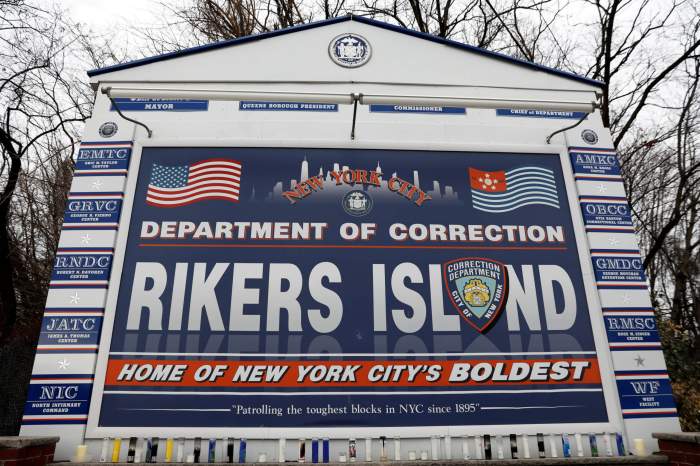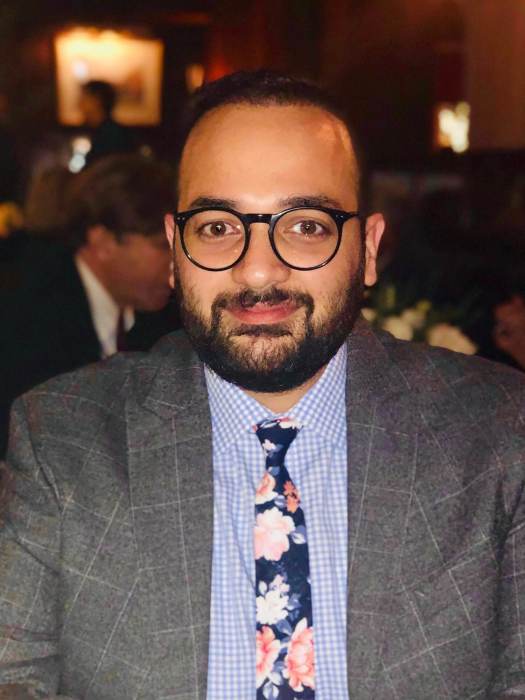The Caribbean Community (CARICOM) has appealed to the United Kingdom (UK) Government to commit to finding a permanent solution for pre-1971 Commonwealth Caribbean undocumented immigrants seeking permanent residence in the United Kingdom.
Likewise, CARICOM on Thursday urge the United Kingdom to consider reducing the evidentiary burden on these individuals and instead to rely on information the government already holds, such as National Health Service (NHS), school, tax and National Insurance records.
The issue will be discussed during the upcoming Commonwealth Heads of Government Meeting in London.
“This is another opportunity for global Britain to show the world its moral leadership, political courage and readiness to work in partnership with the Commonwealth family of nations and with due consideration for fairness,’ the CARICOM statement said.
“Among the many outstanding individuals who call the United Kingdom home; several have either migrated from the Commonwealth Caribbean or can trace their ancestry to migrants, who, at the behest of the mother country came by ship to answer the call of the United Kingdom to rebuild after the Second World War,” it added.
CARICOM said these immigrants included nursing pioneer Mary Seacole; broadcasters Sir Trevor McDonald and Moira Stuart; cleric the Right Rev. Dr. Wilfred Wood; composer Errollyn Wallen; army officer and footballer Walter Tull; footballers Cyril Regis and John Barnes; academic Prof. Stuart Hall; athlete Linford Christie; actors Norman Beaton, Carmen Munroe and Rudolph Walker; racehorse trainer Sir Michael Stoute; and author Samuel “Sam” Selvon.
During 1948 and 1973, CARICOM said about 550,000 West Indians, approximately 15 percent of the population, migrated to the UK to fill labor shortages after the Second World War.
“Their efforts, commitment and sacrifice were critical in helping to forge the modern Britain celebrated today,” CARICOM said.
On June 22, CARICOM said the United Kingdom.will celebrate the arrival of the Empire Windrush, “which has come to symbolize the dawning of a new age of post-war migration to Britain.
“However, their journey was not without its peril,” CARICOM said, stating that many migrants faced hardship and hostility in the United Kingdom.
“Some still recall with unease, the infamous signs which read, “No Irish, No blacks, No dogs” and the “Rivers of Blood” speech (50 years ago, this year),” CARICOM added. “Despite these hardship, they persevered; and, with toil, sweat and tears, they played a pivotal role in helping to build modern global Britain.
“It is against this backdrop that so many of these immigrants — some who have been in the UK since childhood — feel enormous regret and sadness that once again they are facing a new wave of hostility,” CARICOM continued. “This time, it is based on their undocumented status. In some cases, it introduces new realities of mental anguish, destitution, detention and actual possibility of deportation to countries they left as children and would not recognize.
“They are the parents and children who left the Caribbean for the “Mother Country” as British subjects, carrying British identity documents, at a time when their Caribbean island homes were still British colonies. Understandably, they considered themselves British,” CARICOM said.
As such, having secured “Leave to Remain,” it said most went to work immediately using their skills in the rebuilding of the United Kingdom.; some worked and pursued higher education and remained to build Britain better; established multi-generational families and paid their required taxes in the UK.
“Hence, it never occurred to them that they were not legally British,” CARICOM said.
Unknown to many of them, it said the situation changed decidedly in 2012, when the Home Office began insisting on systematic immigration checks for anyone seeking to open a new bank account; to secure a driving license or to access routine health care.
At the same time, CARICOM noted that the Home Office announced the creation of a “really hostile environment” for illegal immigrants.
CARICOM said the real challenge today is that the cases of these long-term, elderly, undocumented United Kingdom.-residents are not being treated as anomalies to be regularized.
Instead, it said they are treated as “illegal immigrants,” and, as such, they are barred from working; refused access to government services including NHS treatment; face loss of welfare and housing benefits and could also lose access to their bank accounts and well-earned pension benefits.
Referring to information from Migration Observatory at Oxford University, CARICOM said some 50,000 Commonwealth-born persons, currently resident in the United Kingdom., are believed to have arrived before 1971 but have not yet had their residency status regularised.
CARICOM said their situation is exacerbated by the Home Office having placed the burden of proof on these individuals to demonstrate that their residency in the United Kingdom. predates 1971, “which requires them, in effect, to provide a portfolio of education and employment records.”
Despite growing awareness among these undocumented Commonwealth migrants that they need to address their individual situation, CARICOM said cuts to legal-aid services — reportedly from £2.6bn in 2006 to £1.5bn in 2016, and the increase in Home Office fees to £2,389 for “Indefinite Leave to Remain” — mean that those most likely to face injustice have the least access to the means of securing justice.
“Furthermore, denying these aging individuals access to their pension benefits and banking services and threatening them with deportation render it virtually impossible for them to resolve their predicaments on their own,” CARICOM warned.
“Therefore, the Home Office must be encouraged to reassess, with urgency, the prevailing notion that there are only two groups of residents in the United Kingdom.— legal residents and illegal immigrants,” it said.
“Evidently, there is a third group, made up significantly of persons originally from the Caribbean, who feel morally and believe personally; and, in most cases, with support, have subsequently proven legally, that they do belong in the United Kingdom,” it added.
CARICOM urged the British Home Office to ensure that contact is made, on a consistent basis, with London-based Commonwealth Caribbean High Commissions “to advise them of and refer persons in these situations to them.
“In many cases, these individuals came to the United Kingdom prior to their country’s attaining political independence; and, believing they are indeed British, still may not appreciate the role of Caribbean diplomatic and consular missions,” CARICOM said.






















